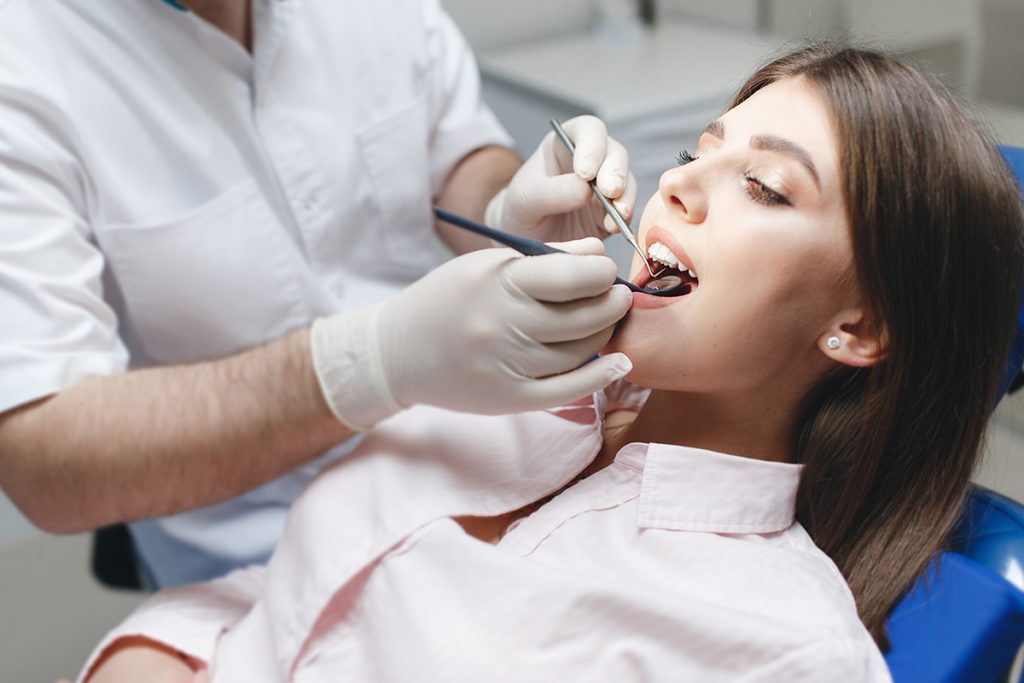


Preventive dental care is the cornerstone of maintaining optimal oral health and preventing future complications. This approach focuses on the routine practices and treatments that help avoid common dental problems, such as cavities, gum disease, and tooth decay. By following a regular schedule of dental check-ups and professional cleanings, you ensure that your teeth and gums are well-maintained and free of hidden issues that could lead to more serious conditions in the future. Preventive care not only saves you from costly treatments later on but also contributes to your overall well-being by fostering a healthier smile.
For individuals with dentures, preventive care becomes even more crucial. While dentures can restore functionality and aesthetics, they require special care to ensure their longevity, comfort, and proper fit. Consistent care and maintenance can help avoid future adjustments and discomfort, making your dentures last longer and function better.
Regular Dental Check-ups
Regular check-ups are essential to monitor the overall health of your teeth and gums. These visits allow your dentist to examine your mouth for signs of any potential problems, such as cavities, gum disease, or even oral cancer, in its earliest stages. During these appointments, your dentist will also review your medical history, update any necessary treatments, and discuss any concerns you may have regarding your oral health. Timely check-ups can help prevent small issues from turning into more severe problems, ultimately saving you time, money, and discomfort.
Professional Cleanings
Professional cleanings go beyond the reach of regular at-home brushing and flossing by removing plaque and tartar buildup that can lead to cavities and gum disease. A dental hygienist uses specialized tools to clean areas of your mouth that are difficult to access with a toothbrush, ensuring that your teeth are thoroughly cleaned and free from harmful bacteria. These cleanings also help prevent gum disease, which can result in tooth loss if left untreated. Professional cleanings are typically recommended every six months to maintain optimal oral health.
Fluoride Treatments
Fluoride treatments are an additional preventive measure designed to strengthen tooth enamel and make it more resistant to decay. Fluoride can be applied during a routine cleaning visit and is especially beneficial for individuals at higher risk for cavities, such as those with a history of tooth decay or dry mouth. Fluoride helps remineralize areas of the enamel that have been weakened by acid exposure, protecting teeth from future damage and decay.
Dental Sealants
Dental sealants are a thin protective coating applied to the chewing surfaces of the back teeth (molars). These areas are particularly prone to cavities due to their deep grooves, which can trap food particles and bacteria. Sealants act as a barrier, preventing food and plaque from accumulating in these hard-to-clean areas. This simple procedure can significantly reduce the risk of cavities, especially for children and individuals with difficulty maintaining oral hygiene.
Oral Cancer Screenings
Oral cancer screenings are an essential part of preventive dental care, as early detection of oral cancer can significantly increase the chances of successful treatment. During regular check-ups, your dentist will examine your mouth for any unusual sores, lumps, or other symptoms that may indicate the presence of oral cancer. These screenings are especially important for individuals with risk factors such as tobacco use, heavy alcohol consumption, or a family history of cancer.
Preventive dental care is essential to maintaining the health of your teeth and gums while preventing future complications. By scheduling regular dental check-ups, receiving professional cleanings, and following a consistent oral hygiene routine, you not only keep your smile looking great but also avoid more serious dental issues down the line. For denture wearers, preventive care is equally important to ensure the longevity and comfort of your dental appliances. With regular care, you can keep your smile healthy and continue enjoying the benefits of a functional, pain-free mouth for years to come.